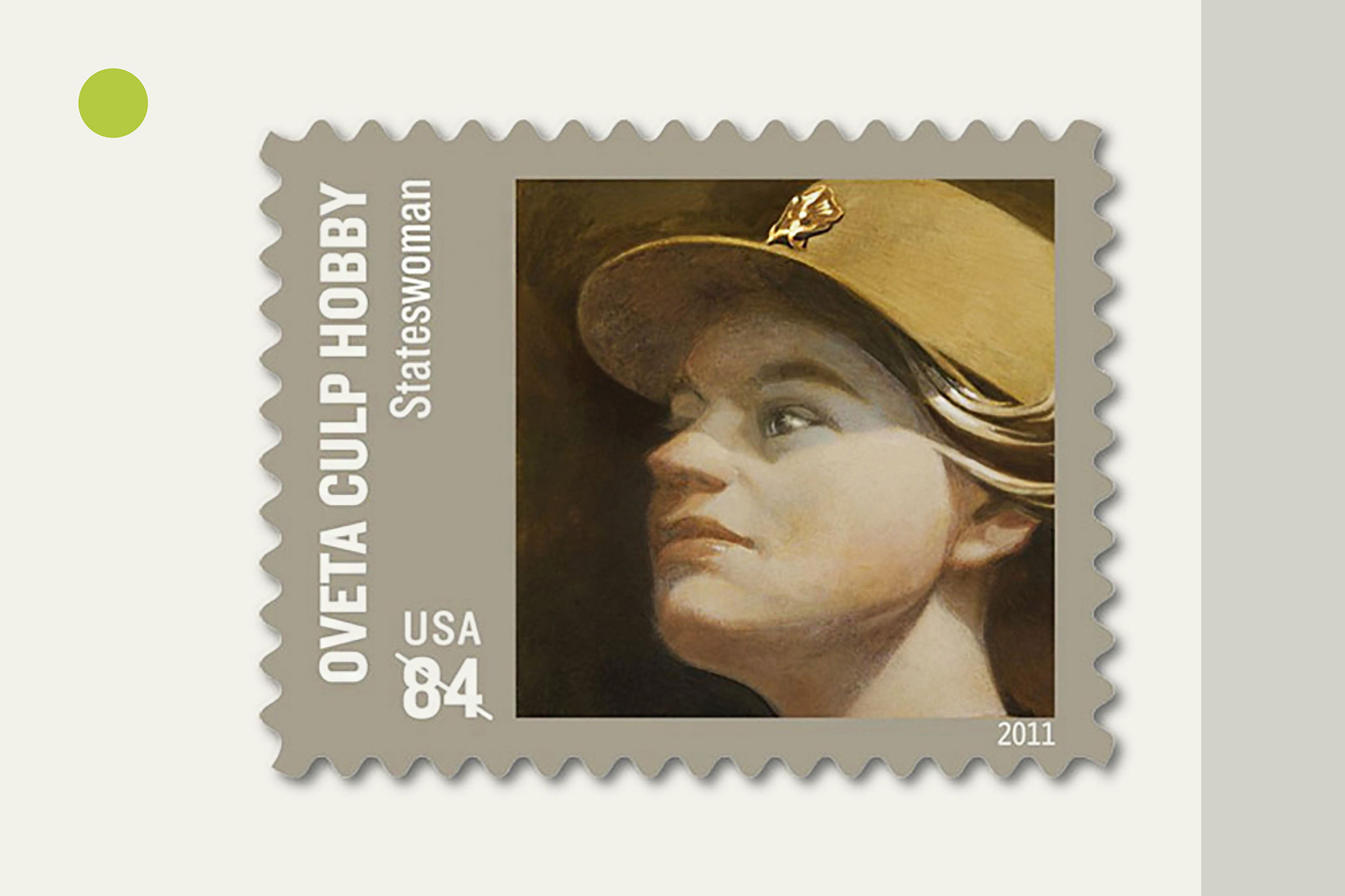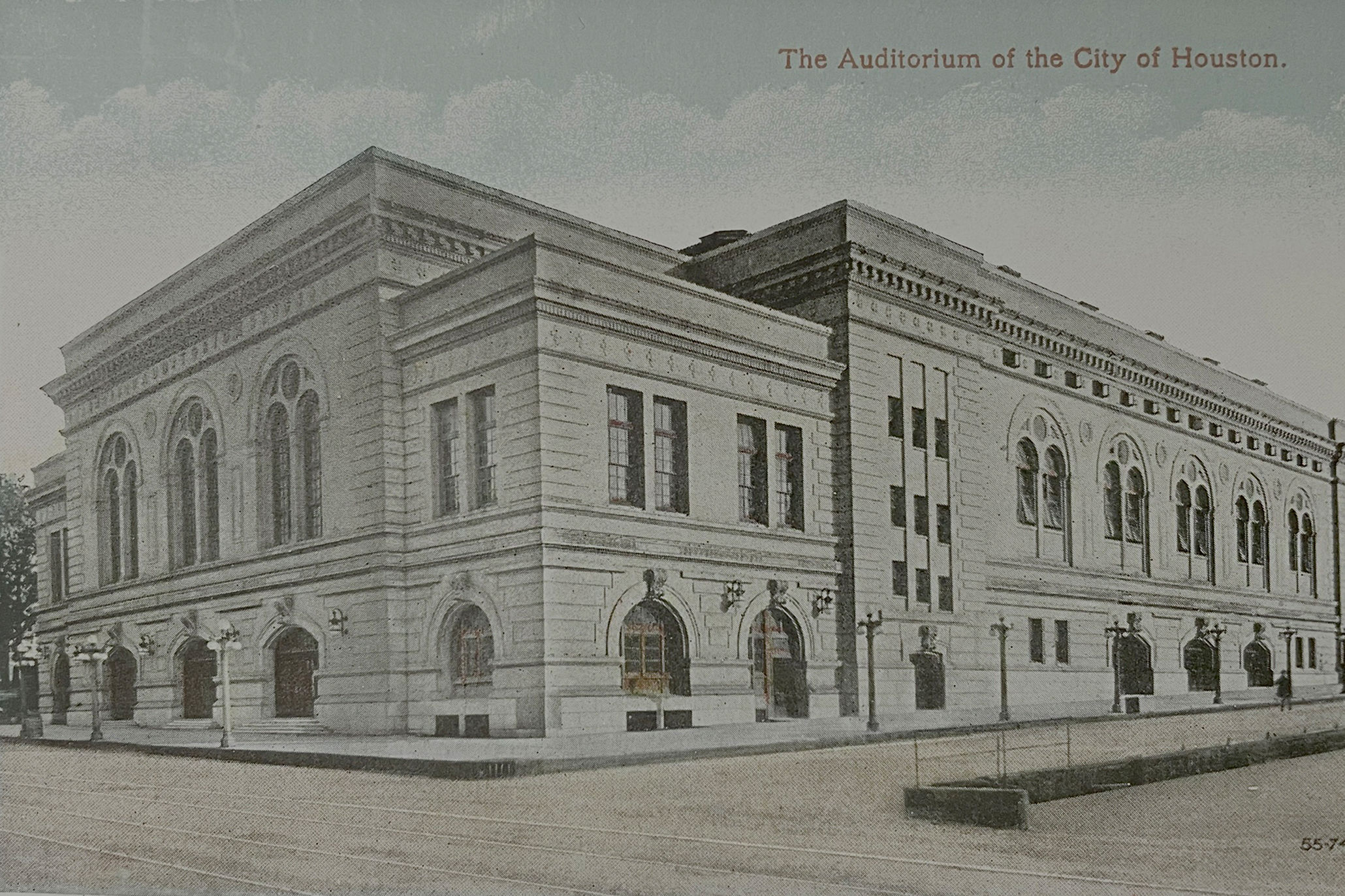Preserving Local LGBTQ+ History Is a Labor of Love

This story is part of our “Reasons to Love Houston” package, published in the Spring 2025 issue.
Owing to its large scale and generally friendly nature, Houston has served as one of Texas’s safe havens for LGBTQ+ people seeking community and solidarity, and its queer residents have stood at the forefront of the fight for equality and dignity. The University of Houston started holding the Texas Gay Conference in 1976, after already beginning to offer courses and student organizations centered on the LGBTQ+ experience. With the election of Annise Parker in 2009, Houston became the biggest city in the United States at the time to be led by an openly gay mayor. The Montrose Center’s Law Harrington Senior Living facility is the largest queer-affirming elder care complex in the country.
All of these steps forward deserve to be commemorated, as do all the small acts of resistance and perseverance that led up to them. But along with Houston’s propensity for looking toward the future at the expense of its past—not to mention Texas’s less-than-stellar record with supporting the LGBTQ+ community at a state level—so much of the local queer history stands at risk of disappearing. One only needs to look at the gentrification and demolition of Montrose (is anything ever going to spring from the Disco Kroger gravesite?) to watch this happening in real time. Luckily, Houston is also home to some dedicated archivists and historians who specialize in preserving queer history, so that future generations know just how far things have come—and how much work still needs to be done.
“There’s some history in books, but not much. You really need to see the magazines that were out at that time to get really what was going on, to get a feel of the people, the groups, the movements, the controversies, the people that don’t get along,” says JD Doyle, author of the Texas queer memoir 1981: My Gay American Road Trip and the historian behind the online archives Houston LGBT History, Texas Obituary Project, and Queer Music Heritage.
His collection spans hundreds of works, and he mentions physical newsletters as especially critical. Most people tend to throw them out, but they provide a necessary context and timeline of what was happening in Houston’s LGBTQ+ community at any given point in history. It all has a necessary purpose, and locals flipping through their own collections of ephemera, or those of deceased loved ones, may want to consider donating what they find rather than simply throwing them out.
“Newsletters were normally very thin, maybe four pages…when somebody’s in their attic looking through a trunk: ‘Oh, I don’t need these newsletters. There’s nothing to them.’ They don’t value what they’re holding in their hands,” he says.
Archives are often misrepresented as a largely paper-based undertaking, but the truth is that anything that helps create the biggest possible picture of Houston’s queer legacy contributes to the overarching knowledge base. Think of them more as museum collections rather than a library full of shelves and boxes. At UH, archivist Joyce Gabiola oversees the LGBT History Research Collection, which includes T-shirts, buttons, pins, patches, and even author (and Houston native) Addie Tsai’s signature jean jacket.
“Even if you’re not interested in donating a collection to UH library, please donate it somewhere. And that’s the thing I always tell everyone: Your history is important,” Gabiola says. “Definitely see if there are other places, or even individuals, who you know you would entrust to preserve your stuff.”
UH also contains the archives of lesbian activist Arden Eversmeyer, following her passing in 2022. The Houston-based activist and educator founded the Old Lesbian Herstory Project and Lesbians Over Age Fifty organizations to help give a voice to the queer women often overlooked and marginalized within their own communities. She also inspired Gabiola to go into archiving in the first place, creating a satisfying loop between past and present.
“It’s just a really interesting thing to be processing her collection, and also finding myself in her collection, because I did write [an] article about her,” Gabiola says. “That article is in her collection. It’s kind of meta…. It’s strange, but it’s also kind of cool.”
Knowledge of the fights that have come before makes it possible to forge ahead in the fights to come. UH doesn’t just hoard its archive away in the library, only making it available to those who know to inquire about it. Gabiola and their team organize events both on and off campus, particularly during Pride Month in June, to encourage students and neighbors alike to get better acquainted with local history. Houston has always been queer. And it will keep on being queer.




